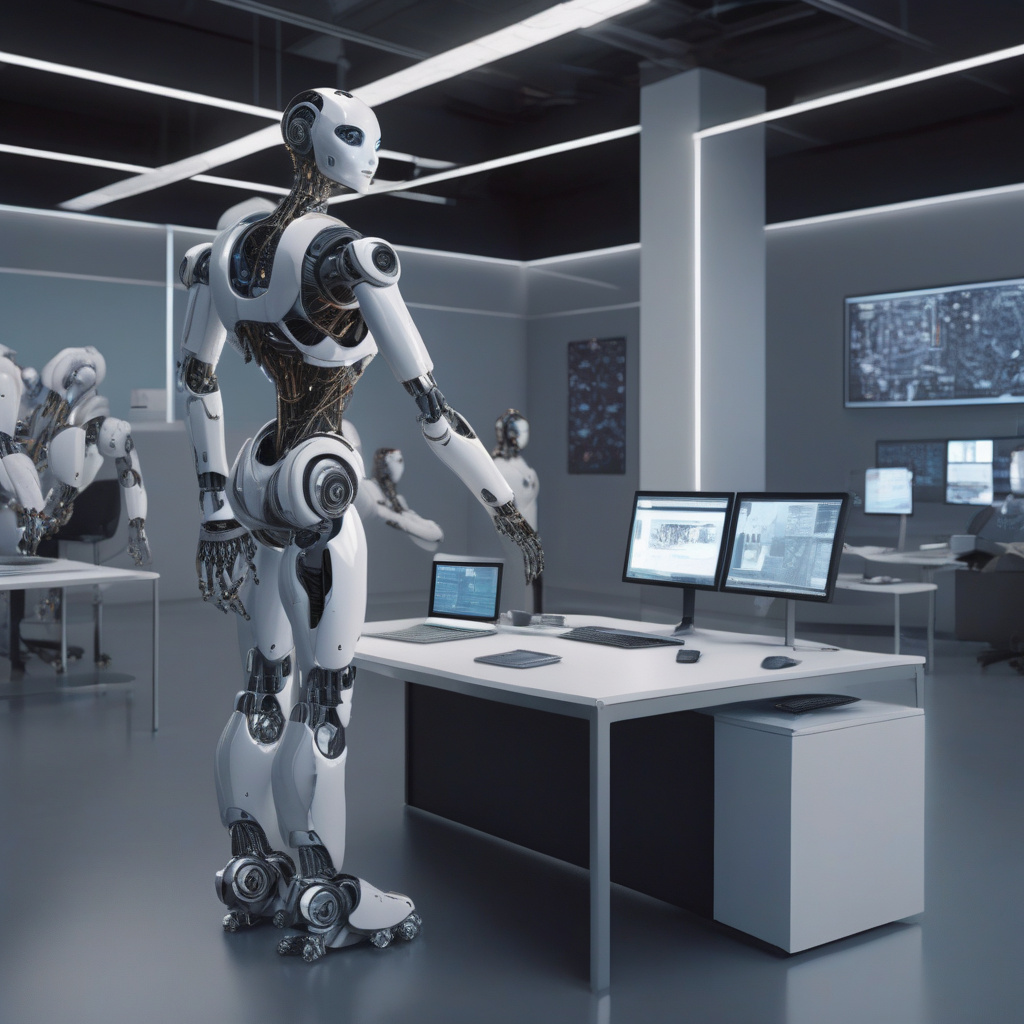AI vs. Copyright: Protecting Creativity in the Age of Artificial Intelligence
In the ongoing battle between artificial intelligence (AI) and copyright, the issue of fair use has taken center stage. AI giants like OpenAI, Anthropic, Google, and Meta argue that they should have the freedom to use copyrighted material under the legal doctrine of fair use to enhance their AI programs. However, this approach raises concerns about the exploitation of creators’ work without adequate compensation.
While AI companies claim that accessing copyrighted content for free is crucial for innovation, the reality is that many creative professionals struggle to make a decent living from their craft. The median pay for full-time writers, artists, and musicians remains relatively low, highlighting the disparity between the value of their work and the compensation they receive.
In response to this challenge, publishing companies, nonprofit organizations, and even parts of the US government are pushing back against the unchecked use of copyrighted material by AI entities. Initiatives such as legal action by the New York Times and Universal Music, as well as advocacy from groups like the Independent Society of Musicians, aim to ensure that creators are fairly compensated for their contributions.
The US Copyright Office has also weighed in on the debate, emphasizing the importance of protecting creators’ rights in the face of AI-driven content generation. The declaration that commercial exploitation of copyrighted works beyond established fair use boundaries is a concern underscores the need for a balanced approach to AI development and copyright protection.
Despite these efforts, challenges persist as AI companies seek to navigate the legal landscape to maximize their use of intellectual property while shielding their own creations from similar exploitation. The tension between accessing existing works for AI training and respecting the rights of creators underscores the complexity of the AI-copyright relationship.
Legal cases, such as Thomson Reuters v. ROSS Intelligence, highlight the ongoing struggle to define the boundaries of fair use in the context of AI-generated content. Lawsuits against prominent AI firms like Meta, OpenAI, and Anthropic are shedding light on the potential infringement of original works and the need to uphold copyright protections in the digital age.
As the legal and regulatory frameworks evolve, the future of AI and copyright hinges on finding a delicate balance that fosters innovation while safeguarding the rights of creators. Ensuring that AI companies uphold ethical standards and compensate creators fairly is essential to preserving the integrity of intellectual property in an increasingly automated world.
In conclusion, the intersection of AI and copyright law underscores the need for a nuanced approach that respects the contributions of creative professionals while fostering technological advancement. By addressing the challenges posed by AI’s use of copyrighted material and advocating for fair compensation, we can strive towards a future where innovation and creativity coexist harmoniously in the digital landscape.

